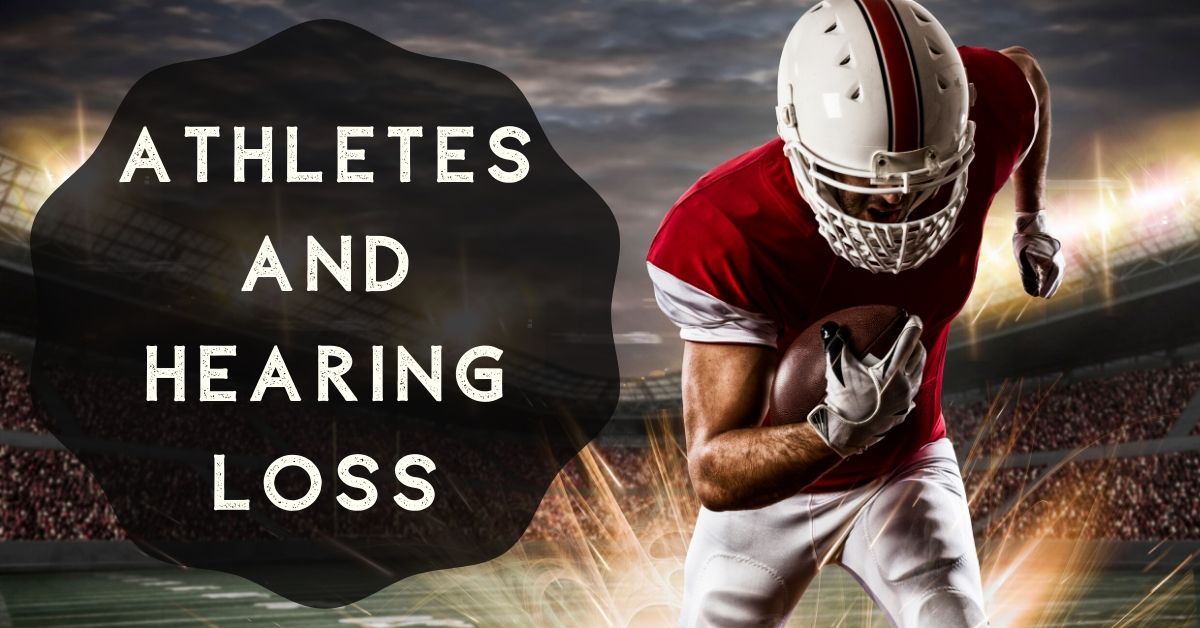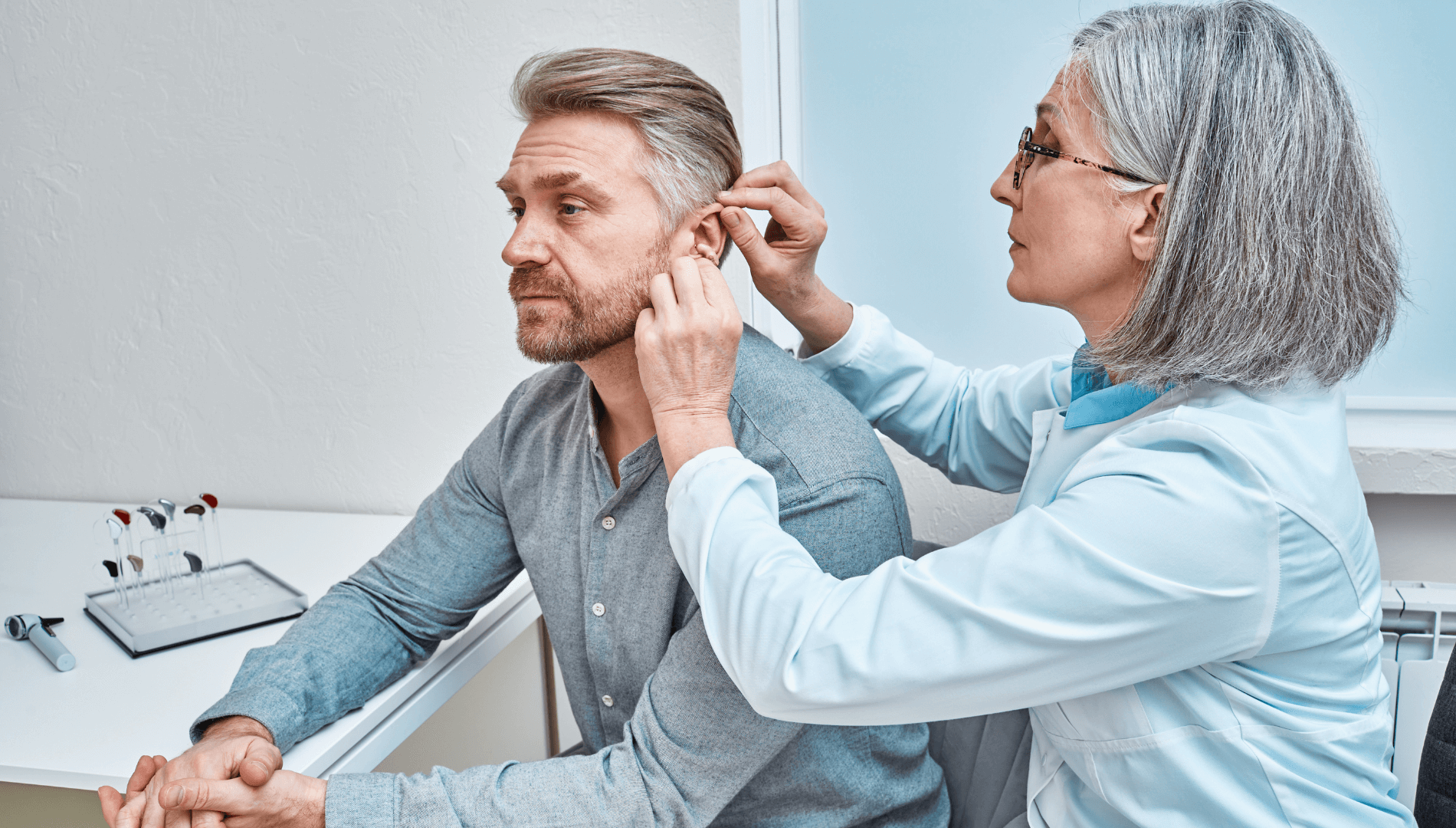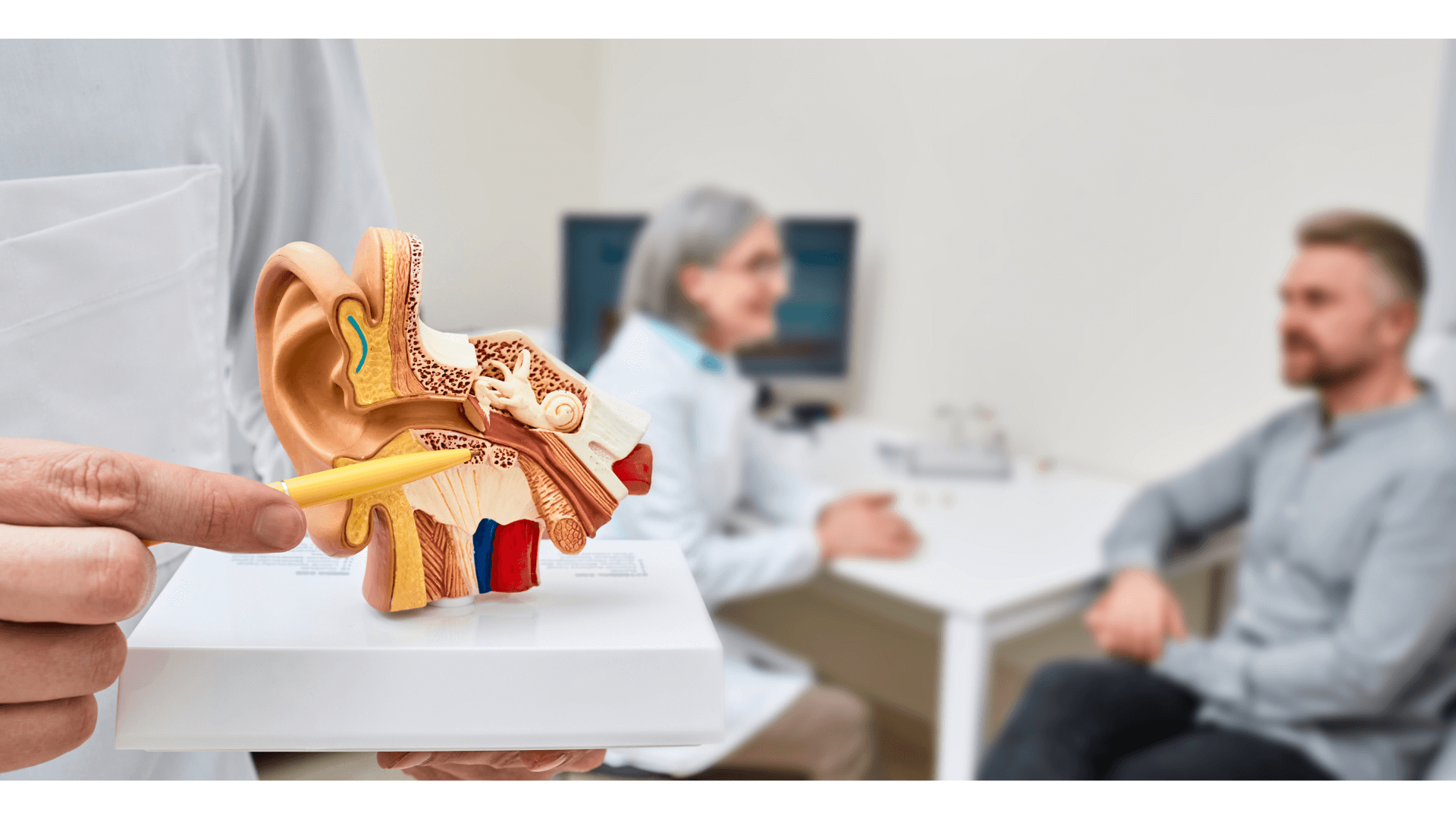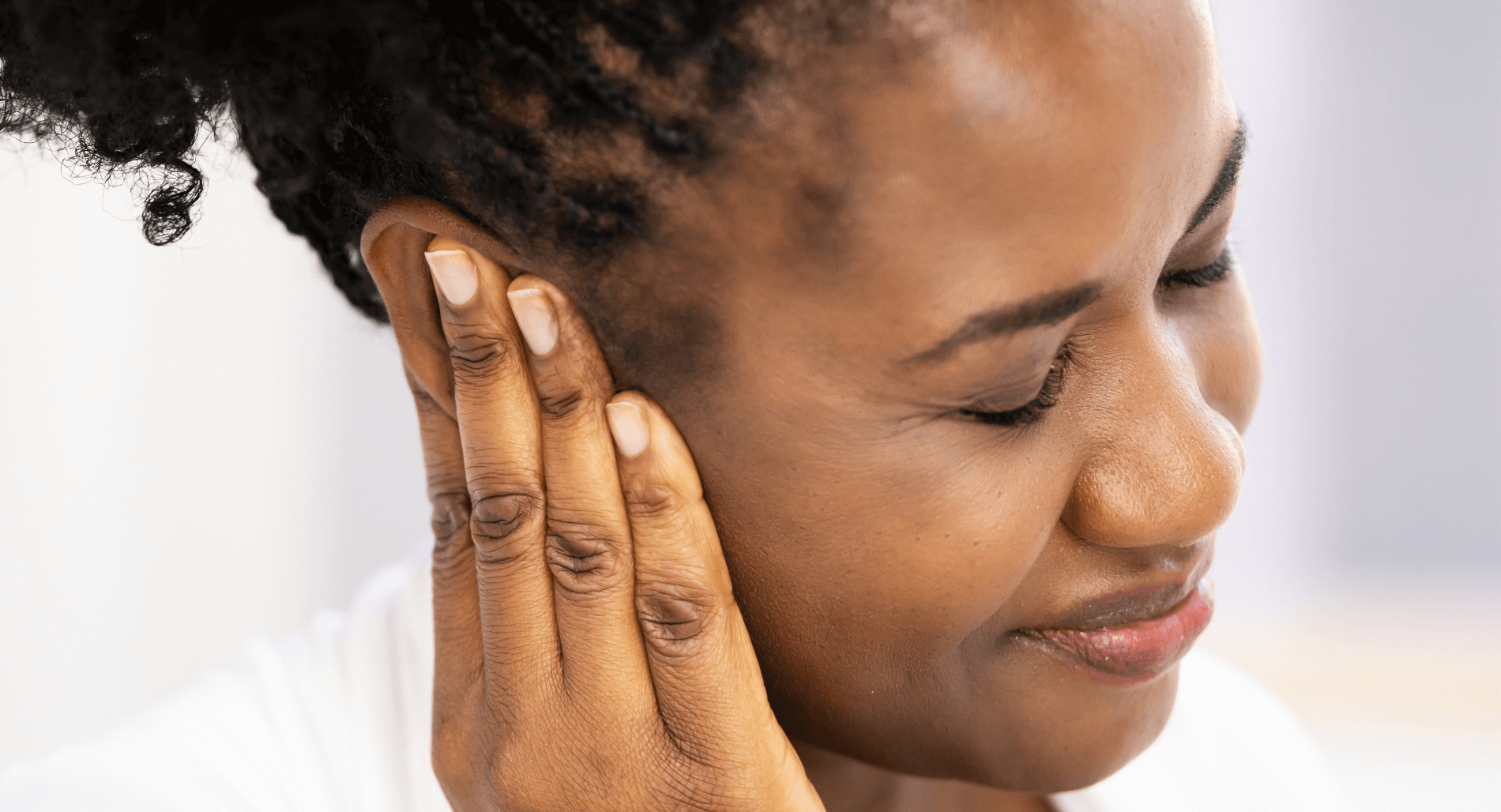
Hearing loss among competing athletes is no longer a rarity. The stigma of hearing loss for those that want to be active in competitive sports and even become professional athletes is slowly but surely a thing of the past. This has been promulgated by people with hearing impairment playing in professional teams and divisions from the NFL to the NCAA.
Research, information, and technology have helped to include people with hearing disabilities from a wide range of ages to be able to participate and excel in their chosen field of competitive sports. There is still much work to be done in order to keep the public informed about hearing loss and the impact it has on our lives.
For children and teenagers, their hearing needs and abilities affect their self-image and confidence at a crucial and developmental time in their lives.
Awareness
According to the World Health Organization, over 50 percent of children that have hearing loss conditions suffer needlessly as their condition is preventable. This also coupled with the fact that unattended hearing loss results in further auditory degeneration.
Varying degrees of hearing loss can be amended with a hearing assessment, procurement and use of hearing aids or cochlear implants. The governing bodies of schools and universities should also include educational, hearing assistive devices and technology in their academic environments. With social support and techniques such as sign language, the person with hearing impairment can be aided in overcoming their challenges and focus on thriving.
Socialization
Throughout a person’s formative years in school and beyond it is best for them, in tandem with their team coaches and parents, to formulate a way to participate in the sports of their choosing. It is an important way for them to connect socially and build relationships with others. It also will positively impact their self-esteem and learn how to create effective partnerships towards common goals.
Asides from the obvious physical and cognitive benefits that sports can offer, a concerted effort is necessary between the potential athlete and their audiologist or hearing health professional, to provide the best course of treatment for their hearing needs.
Advocacy
A person with a hearing impairment has the added duty of being able to communicate with their fellow teammates and coach about their condition. Appropriate techniques of disclosure and strategy should be investigated and incorporated so that everyone can benefit. Most coaches are aware of the challenges of hearing loss but if they were to work with an audiologist and the person with hearing impairment, more informed strategies could be put into play. Being on the field for an athlete with hearing impairment takes courage and when all players and relevant educators and parents are involved creates an inclusive environment.
Technology
Hearing aids of today are not the cumbersome ones we associate from days gone by. They are specifically designed for those with active lifestyles and some are actually geared for athletes on the field.
Some hearing devices are equipped to be worn under a helmet or on armbands and to give signals to both referees and wearers. The challenge is staying abreast of the continual advancements and finding what is appropriate for the person with hearing loss. This challenge can be overcome by recruiting coaches to work with hearing health professionals including the athletes to formulate a variety of techniques to stay in communication during and after play.
The design of hearing devices today is geared towards active lifestyles. They are available with drying containers and are offered in a variety of styles and sizes for the best fit for the wearer. Getting involved with online forums for people with hearing challenges is a good resource to keep up with the pace of the rapidly changing and innovative hearing technology being produced.
Going forward
Awareness, education, and inclusivity will foster the way for many athletes and needs multiple sources of support from their home and educational environments. Today we are lucky to see that professional athletes have already forged a path to success despite the challenges of hearing impairments. Be proactive and get in touch with your hearing health professional so that you can engage with confidence and knowledge benefitting yourself and your team.

Should I Get Fitted For Hearing Aids?
Matthew Favinger, M.S., F-AAA

A Comprehensive Look at Conductive Hearing Loss
Matthew Favinger, M.S., F-AAA

